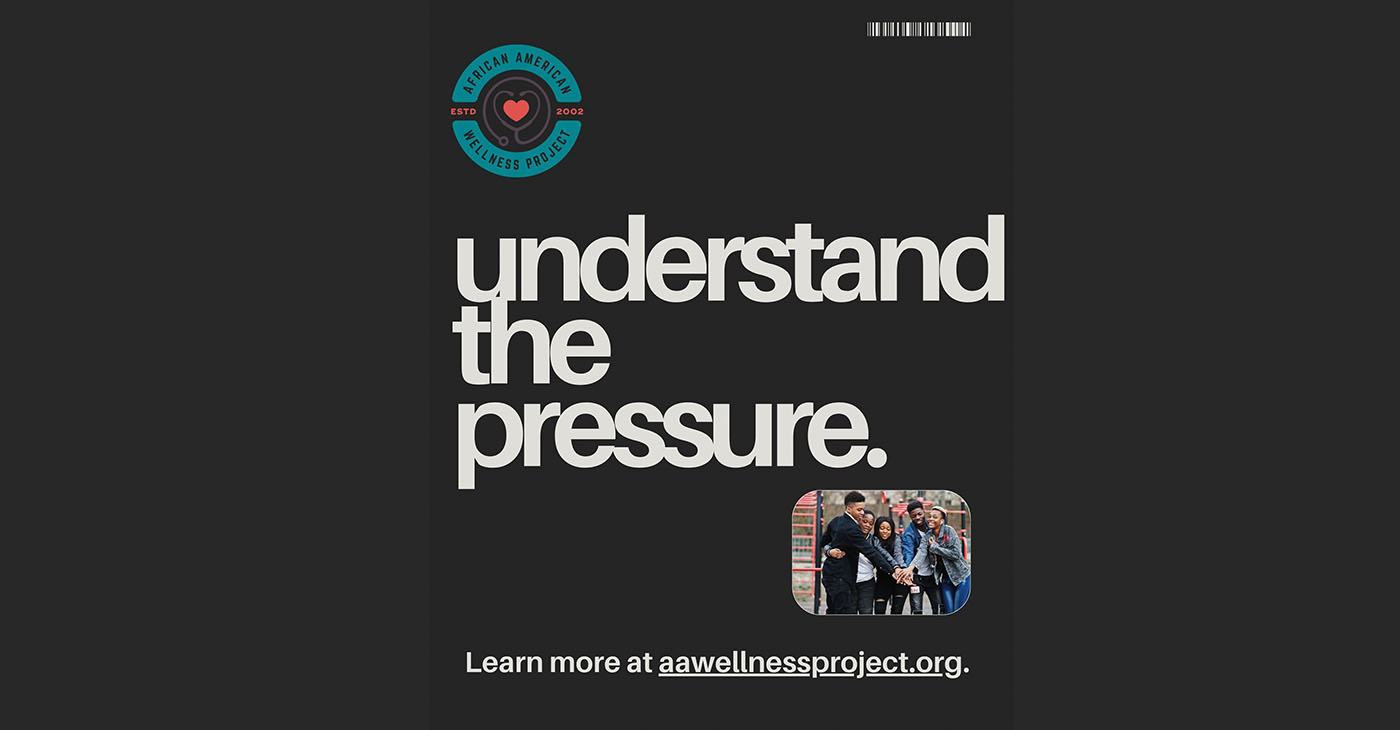By Miana Bryant, LMSW, LGSW, African American Wellness Project Advisory Board Member
As summer approaches, the anticipation of warm days and freedom from school can be both exciting and challenging, especially for African American youth facing mental health struggles. With the break from structured school environments, many teens may find themselves without the necessary support systems. Understanding the unique challenges and disparities in care and resources that African American youth face is crucial in addressing their mental health needs during this season.
African American youth often encounter systemic barriers to mental health care, including:
- Limited Access to Quality Care: Many African American communities face a shortage of mental health professionals, particularly those who are culturally competent and sensitive to the specific experiences of African American teens and young adults. Nationally, 4% of psychologists (American Psychological Association, 2018), 2% of psychiatrists (American Psychiatric Association, 2021), 22% of social workers (Institute for Health Workforce Equity, 2020), 7% of marriage and family counselors, and 11% of professional counselors are reported to be Black. This limits the options for many African American families and individuals seeking black providers.
- Stigma and Cultural Barriers: Mental health issues are often stigmatized within the African American community, leading to reluctance to seek Cultural beliefs about strength and resilience, along with spiritual bypassing, can sometimes discourage open discussions about mental health struggles.
- Economic Disparities: Financial barriers can limit access to mental health resources, including therapy and counseling. Families struggling with economic hardship may prioritize other needs over mental health care, such as uninsured families or those living below the poverty line.
Despite these challenges, the African American Wellness Project (AAWP) a national nonprofit that works to address health disparities in the African American community, would like to share several strategies that can help African American youth maintain their mental well-being during the summer months:
- Create a Routine: Establishing a daily routine can provide structure and a sense of normalcy. Incorporate activities that promote mental health, such as exercise, hobbies, journaling, and regular sleep patterns.
- Stay Connected: Encourage teens to stay in touch with supportive friends, family members, or This generation often uses platforms such as Twitch, Discord, and Instagram Live for group communications, which can be helpful if used appropriately. While teens need to stay connected, parents should be mindful of their actions and who they interact with online to ensure a safe and healthy digital environment.
- Engage in Community Programs and Events Engage in Community Programs: Teens can join summer camps, such as the MNCPPC Parks and Recreation Program, or find summer employment through the DC Summer Youth Employment Program (SYEP) or Prince George’s County Summer Youth Enrichment Program (PG SYEP). Participating in these programs can increase their feelings of accomplishment and provide structured, supportive environments. Additionally, finding summer sports teams, public pools, or recreation centers can offer safe spaces for teens to engage in positive activities and build supportive relationships.
- Encourage Creative Expression: Parents can encourage their teens to try new hobbies, use art as a way of expressing their emotions, write songs, attempt TikTok viral dances, and explore other activities that promote creative These creative outlets can be therapeutic for expressing feelings and coping with stress.
- Promote Physical Activity: Regular physical activity can significantly impact mental health. Encourage outdoor activities like walking, biking, or playing sports, offering opportunities to enjoy nature and fresh air.
- Foster Open Communication: Create an environment where teens feel safe discussing their feelings and challenges. Active listening and empathetic conversations can help them feel heard and supported.
This summer is a great time to explore post-pandemic activities, spread awareness about mental health disparities, and spend quality time learning and exploring with your teen while staying safe. By recognizing and addressing the mental health needs of African American youth, we can ensure these young individuals have the resources and support they need to thrive. Let’s work together to create a mentally healthy summer for all youth and to keep kids safe and supported. You can also check out AAWP’s mental health tools and resources here.
Connect With AAWP
- Facebook: @AfricanAmericanWellnessProject
- Twitter: @TheAAWP
- Instagram: @ AfricanAmericanWellnessProject
- YouTube: @AfricanAmericanWellnessProject
Miana Bryant, LMSW, LGSW is the Director of The Mental Elephant Incorporated and an AAWP advisory board member
The post Post-Pandemic Summer: Ensuring Mental Wellness for African American Teens first appeared on BlackPressUSA.

